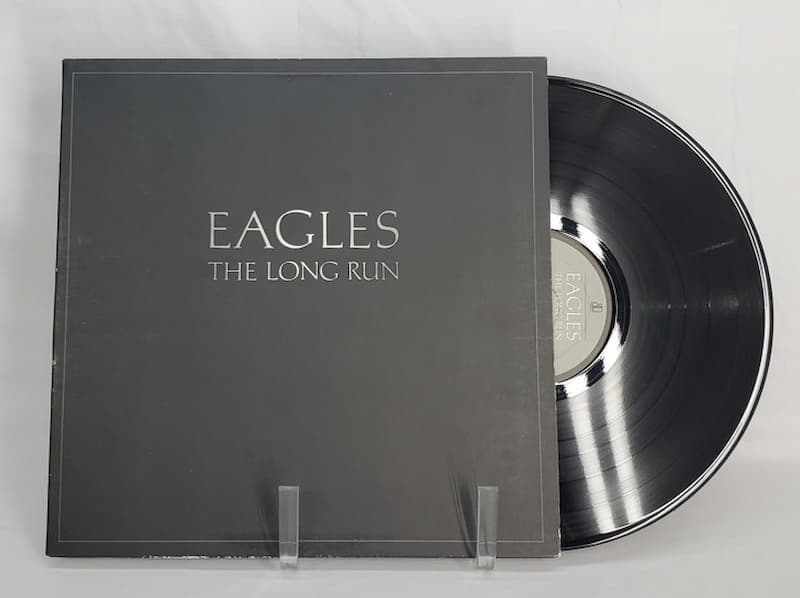
The Eagles’ iconic track “The Long Run” opens with a bouncing bassline and unforgettable guitar licks, setting a seemingly innocent tone that masks deep inner turmoil. As the song unfolds, it reveals the band’s internal conflict during the turbulent end of the 1970s, grappling with the overwhelming struggles of fame, temptation, and the shifting tides of the music industry.
From the very first lyrics, the frustration of the legendary rock group is palpable, culminating in a chilling line that feels like a direct plea for respite: “It was high time I quit / I just couldn’t carry on that way.” Founding member Glenn Frey shared in a 1992 interview with the Independent, “We’d been living this lifestyle of limos, private jets, first-class hotels, and people doing what you told them to. Plus, both Henley and I had developed drug habits, which didn’t help matters. Going to the studio was like going to school—I simply didn’t want to go.”
The album The Long Run, which bore the same name as the single, was a painstaking project that took three years to complete. Initially conceived as a double album, it was ultimately trimmed down to a single disc. Don Henley confessed to Classic Rock in 2020, “It was an excruciatingly painful album to make. We were having fights all the time about the songs, enormous fights about one word—for days on end. That record took three years and cost $800,000, and we burned out.”
Following the blockbuster success of their 1976 hit “Hotel California,” and hot on the heels of the No. 1 single “Heartache Tonight” that dominated the Billboard charts in late 1979, expectations were sky-high. Yet, by 1980, the band was buckling under pressure, culminating in a dramatic disbandment. Their 1994 reunion couldn’t entirely erase the critical backlash, which suggested their glory days were behind them.
As noted by music critic William Ruhlmann, The Long Run and its title track were a “major disappointment” compared to their earlier works. He mused sarcastically, “If these were the keepers, what could the rejects have sounded like?” This scathing critique reflected the doubts swirling in the music scene as new genres like punk and synthpop surged into the spotlight, pushing ’70s rock and roll attitudes to the edges.
Henley acknowledged the brunt of this criticism in a 2016 interview with Rolling Stone, revealing the band wrote “The Long Run” partly to address their detractors and comment on the rapid transformation in music. “People talking about us, they got nothin’ else to do,” he said, highlighting the band’s battle against fading relevance.
Despite the negativity, “The Long Run” climbed into the Eagles’ top ten hits and achieved platinum certification within a year of its release. The album itself went on to be certified 7× Platinum by the RIAA, selling over eight million copies in the US, standing as a testament to the band’s enduring legacy.
The haunting lyrics echo a weary wearer’s tale: “I used to hurry a lot, I used to worry a lot… It was high time I quit it, I just couldn’t carry on that way.” The song blends themes of love, endurance, and resistance amidst a world eager to see the once-dominant Eagles fall. Their fight was not just for survival but for identity within a swiftly evolving musical landscape — a long run indeed.